I grew up in the United States (formerly known as The Colonies). As an adult, I visited England and many of its Commonwealth countries: Scotland, Australia, Canada, Ireland, New Zealand. I began to notice common beliefs and patterns that I associated with my cursory understanding of England’s culture and history that are causing problems in this era of global communication, global interracial marriage, and global environmental implications: prejudice against dark skin, entrenchment of property owners’ rights, and a penchant for bypassing the rule of government. 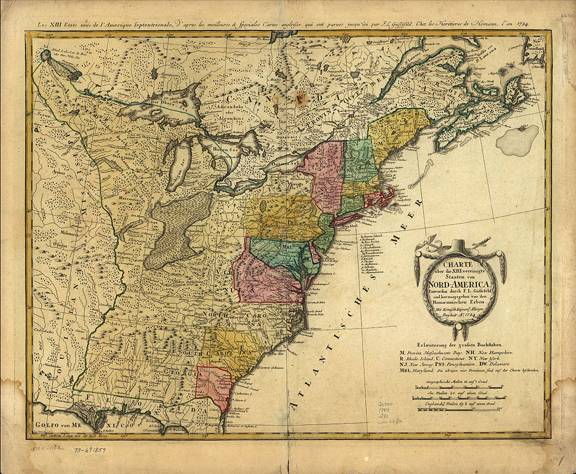
The facts about England most pertinent to this essay are as follows. England is a relatively small island nation. Like much of Europe, it was Catholic and participated in many crusades to the Middle East to fight Muslims. When the king of England wanted a divorce that the pope would not sanction, the king started his own church.
Because England was a small island, land was a limited and precious commodity. The culture and political system developed to ensure and secure “ownership” of land. The entrenching of private property led to the impoverishment of the many who had to rely on the fruits of the land, which was “owned” by the very few. 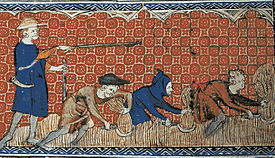 Previously, people wandered about free to harvest plants and hunt animals where they found them. After the idea of “private property,” making sure you had enough to eat was a crime if you got your food from land someone claimed to “own.” This led to the problems of concentration of wealth in the hands of a few, demonization of those without money, and criminalization of the masses.
Previously, people wandered about free to harvest plants and hunt animals where they found them. After the idea of “private property,” making sure you had enough to eat was a crime if you got your food from land someone claimed to “own.” This led to the problems of concentration of wealth in the hands of a few, demonization of those without money, and criminalization of the masses.
In fighting the crusades, many Englanders (and others) were killed by Muslims and other middle easterners who had dark skin. 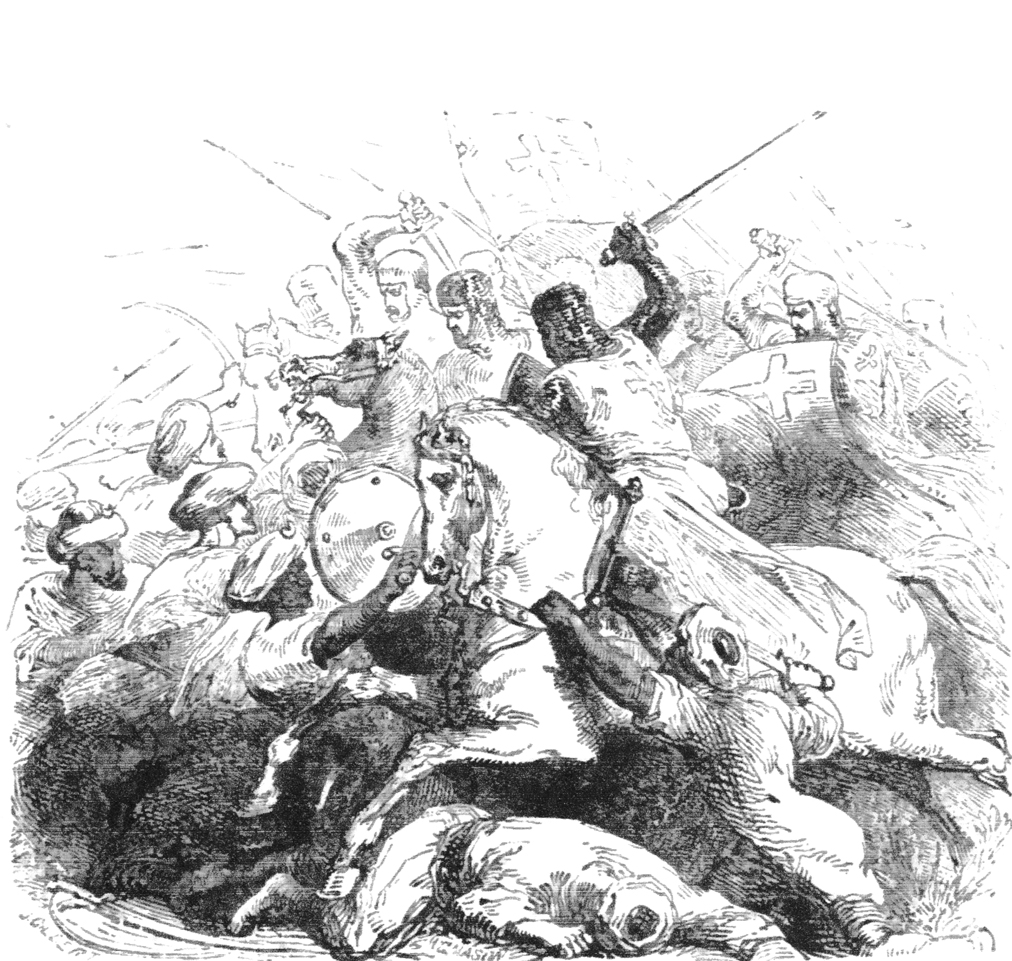 The resentment and hate of those with dark skin is understandable after that. It became part of English identity and got exported to its many commonwealths, where Canada, the United States, and Australia, all took land from the original inhabitants under the assumptions that (1) land could be “owned” (a foreign concept to the natives) and (2) that it was ok to take it from the natives because the natives had different skin color than the British.
The resentment and hate of those with dark skin is understandable after that. It became part of English identity and got exported to its many commonwealths, where Canada, the United States, and Australia, all took land from the original inhabitants under the assumptions that (1) land could be “owned” (a foreign concept to the natives) and (2) that it was ok to take it from the natives because the natives had different skin color than the British.
When the king of England wanted a divorce that the pope would not sanction, the king started his own church. This tendency to use religion to try to get around laws (moral or civil) with which one disagreed was used against the crown later in English history—by the Puritans, famous as early settlers in North America. Puritans believed that the king’s church still held too many Catholic beliefs and rituals. They in turn wanted to start their own church. When he objected, they decided to flee to North America. Though constantly mythologized as seeking religious freedom, The Puritans who came to The Colonies were, like most colonies, a business venture complete with business plans and contracts. They were looking to make money by sending back fish, timber, and other goods from the new land. 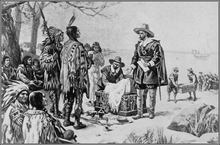
The British settled Australia (famously) and parts of the U.S. such as Georgia (less famously) as penal colonies for prisoners. 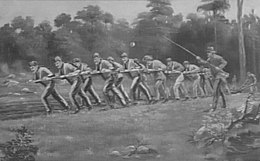 So, it was not the best-behaved citizens that were exported to British colonies. They were rebels and outlaws, an identity many still embrace in Australia and the United States. The problem with such people is that they do not make good neighbors and citizens. The long history of trying to take over the lands and kill the population of the natives in both Australia and the United States is well documented.
So, it was not the best-behaved citizens that were exported to British colonies. They were rebels and outlaws, an identity many still embrace in Australia and the United States. The problem with such people is that they do not make good neighbors and citizens. The long history of trying to take over the lands and kill the population of the natives in both Australia and the United States is well documented.
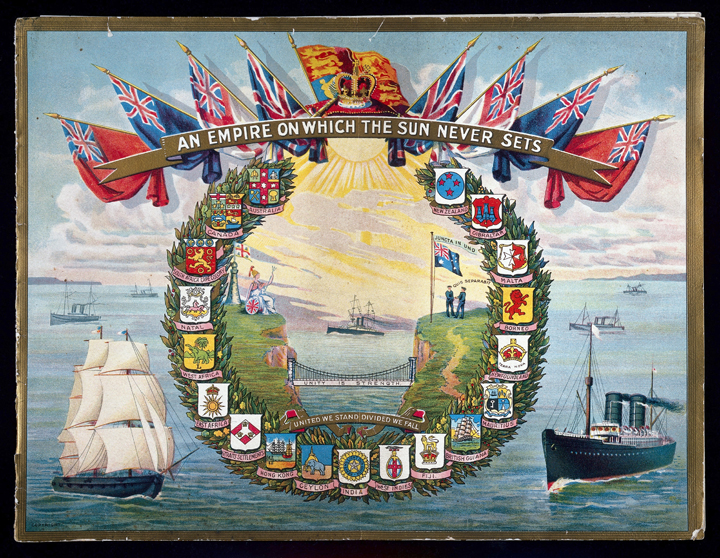 At its height, Britain boasted that on its Empire the sun never sets. They had colonized large swaths of the globe and sent far and wide the disdain for dark skin, repugnance for following governance, and veneration of private ownership of public resources. They exported to their colonies people who were not good neighbors or citizens who would do almost anything for money, including confiscating seizing land from natives.
At its height, Britain boasted that on its Empire the sun never sets. They had colonized large swaths of the globe and sent far and wide the disdain for dark skin, repugnance for following governance, and veneration of private ownership of public resources. They exported to their colonies people who were not good neighbors or citizens who would do almost anything for money, including confiscating seizing land from natives. 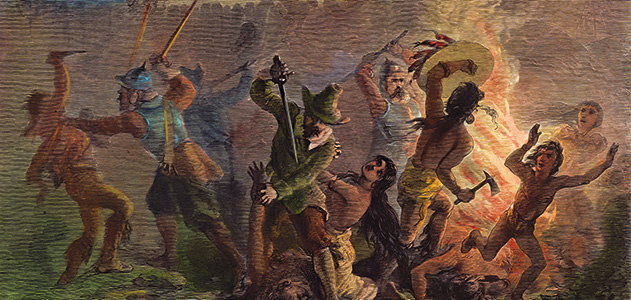 But now we come to a moment in history where climate change threatens to destroy the entire planet, more than half of children in the United States are of color, and capitalism has resulted in an inequality of access to resources that will leave many to die. Unless we become good neighbors and global citizens, the world and its people will die. These legacies of British culture have to be overcome if the planet and its people are to survive. They may have worked well in making the planet largely British, but they need to be abandoned to make the planet healthy.
But now we come to a moment in history where climate change threatens to destroy the entire planet, more than half of children in the United States are of color, and capitalism has resulted in an inequality of access to resources that will leave many to die. Unless we become good neighbors and global citizens, the world and its people will die. These legacies of British culture have to be overcome if the planet and its people are to survive. They may have worked well in making the planet largely British, but they need to be abandoned to make the planet healthy.